New Scientist covers the latest developments in science and technology that will impact your world. New Scientist employs and commissions the best writers in their fields from all over the world. Our editorial team provide cutting-edge news, award-winning features and reports, written in concise and clear language that puts discoveries and advances in the context of everyday life today and in the future.
Elsewhere on New Scientist
Counting the cost • The covid-19 pandemic makes plain the consequences of abusing nature
New Scientist Australian Edition
Brazil variant reaches UK • The P.1 variant of coronavirus could be more transmissible, but vaccines should still provide protection, reports Michael Le Page
Children of the pandemic • After a year of repeated lockdowns for many, there is a limit to children’s resilience. Michael Marshall investigates how they are coping
Face masks needed until 2022 • People in the UK will protect themselves from covid-19 for years, predict disease experts
Complex life’s days are numbered • Earth sustains large oxygen-breathing organisms today, but in a billion years it won’t
Wikipedia had a big spike in edits during the pandemic
Safer computer chips, fast • Virtual testing slashes the time to make and test computer components
Ship noise affects dolphins that help humans catch fish
Climate targets at risk from efficiency paradox
Dining with healthy eaters pushes you to eat better food too
A warp drive that doesn’t break the laws of physics
Neanderthal hearing was tuned for language like ours
AI smashes video game high score • Learning from previous successes can help an artifical intelligence perform better
Shadow snake rediscovered in Ecuador’s rainforest
China’s self-sustaining biosphere • Crew lived a record 200 days on recycled oxygen and water, growing their own food
Our earliest human ancestors may have swung on branches like chimps
Pufferfish pull in their eyeballs and pucker skin to blink
Bird can mimic sound of an entire defensive flock
Cancer-resistance of cetaceans in the genes
Electrostatic effect could defrost your car
Really brief
It is tricky to know when to stop talking
How do you detect a deep-sea earthquake? Just ask Google
How pets conquered the Americas with us
What’s in a name? • The names given to new coronavirus variants and bacteria have become too confusing, but there is a better way, says Mark Pallen
Field notes from space-time • Cosmic conflict There is a mismatch between two ways of measuring galactic mass. Dark matter is one way to solve it, but so is rewriting the laws of gravity, writes Chanda Prescod-Weinstein
Editor’s pick
Strange beauty
Game of Thrones meets Brexit • Just as we are totally reliant on technology to survive lockdowns, Tribes of Europa shows us a violent, divided world without it, says Anne Marie Conlon
Polluted discourse • Fake news and conspiracy theories create a kind of pollution – and we should treat it as such, finds Simon Ings
Don’t miss
The TV column • Once more, with feeling For All Mankind, an alternative space race story, returns with the cold war raging. NASA is under pressure to militarise the moon, politicking is everywhere and small acts of defiance are as good as it gets, says Bethan Ackerley
Friendship-ology • Why do some friendships last and others fade? Evolutionary psychologist Robin Dunbar reveals the hidden rules of our relationships and what your social style says about you
Spillover • The covid-19 pandemic was precipitated by our disruption of natural ecosystems. But how exactly, asks Adam Vaughan
How diseases jump to...
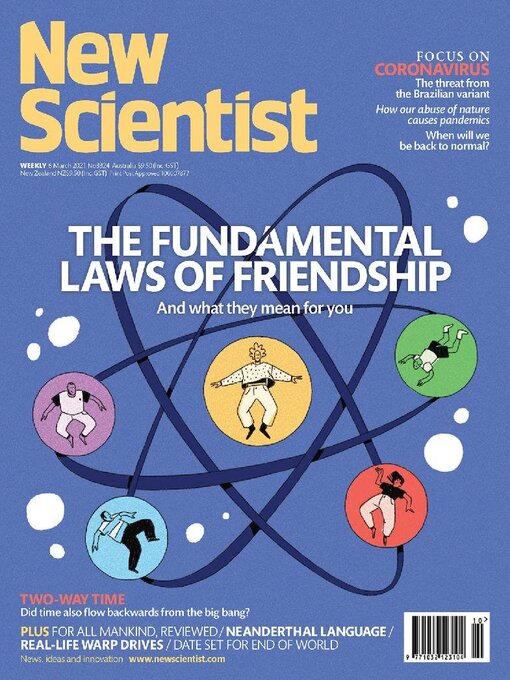
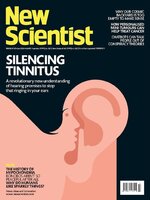 Apr 20 2024
Apr 20 2024
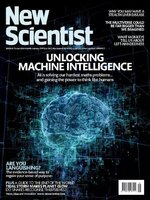 Apr 13 2024
Apr 13 2024
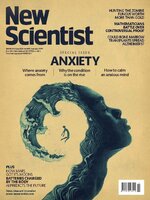 Apr 06 2024
Apr 06 2024
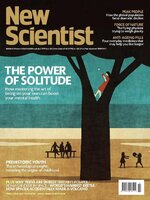 Mar 30 2024
Mar 30 2024
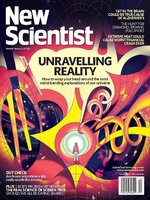 Mar 23 2024
Mar 23 2024
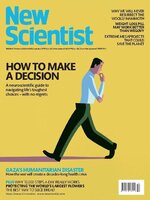 Mar 16 2024
Mar 16 2024
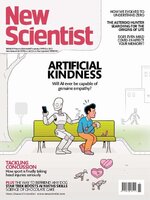 Mar 09 2024
Mar 09 2024
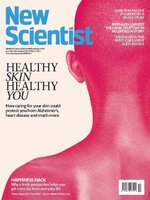 Mar 02 2024
Mar 02 2024
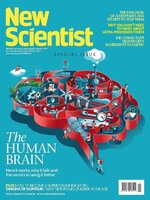 Feb 24 2024
Feb 24 2024
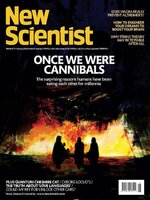 Feb 17 2024
Feb 17 2024
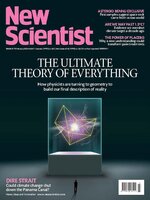 10 Feburary 2024
10 Feburary 2024
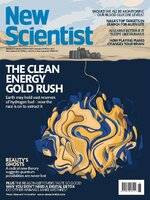 Feb 03 2024
Feb 03 2024
 Jan 27 2024
Jan 27 2024
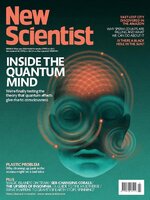 Jan 20 2024
Jan 20 2024
 Jan 13 2024
Jan 13 2024
 Jan 06 2024
Jan 06 2024
 Dec 30 2023
Dec 30 2023
 Dec 16 2023
Dec 16 2023
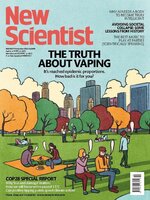 Dec 09 2023
Dec 09 2023
 Dec 02 2023
Dec 02 2023
 Nov 25 2023
Nov 25 2023
 Nov 18 2023
Nov 18 2023
 Nov 11 2023
Nov 11 2023
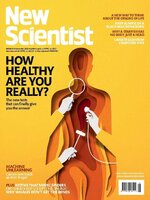 Nov 04 2023
Nov 04 2023
